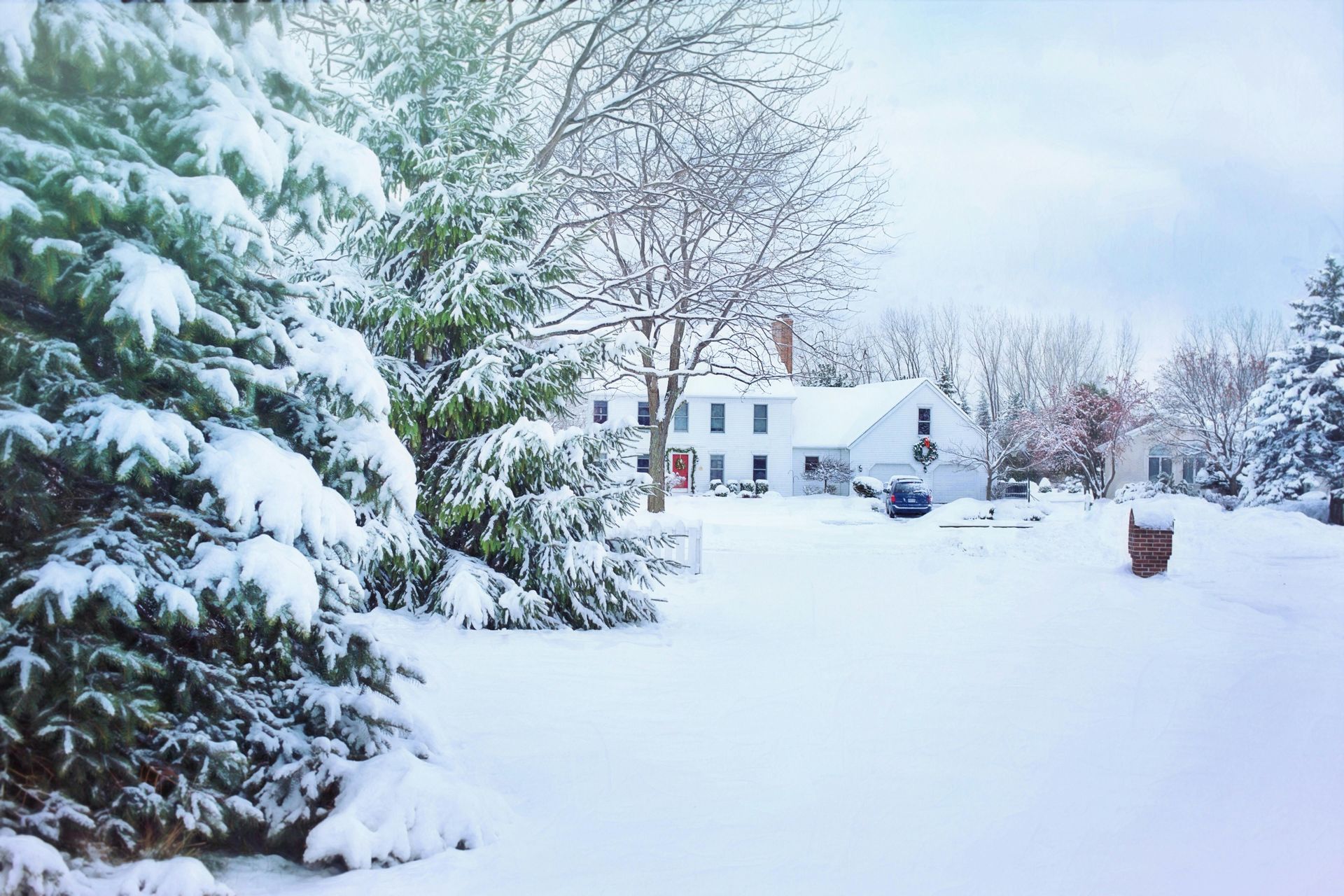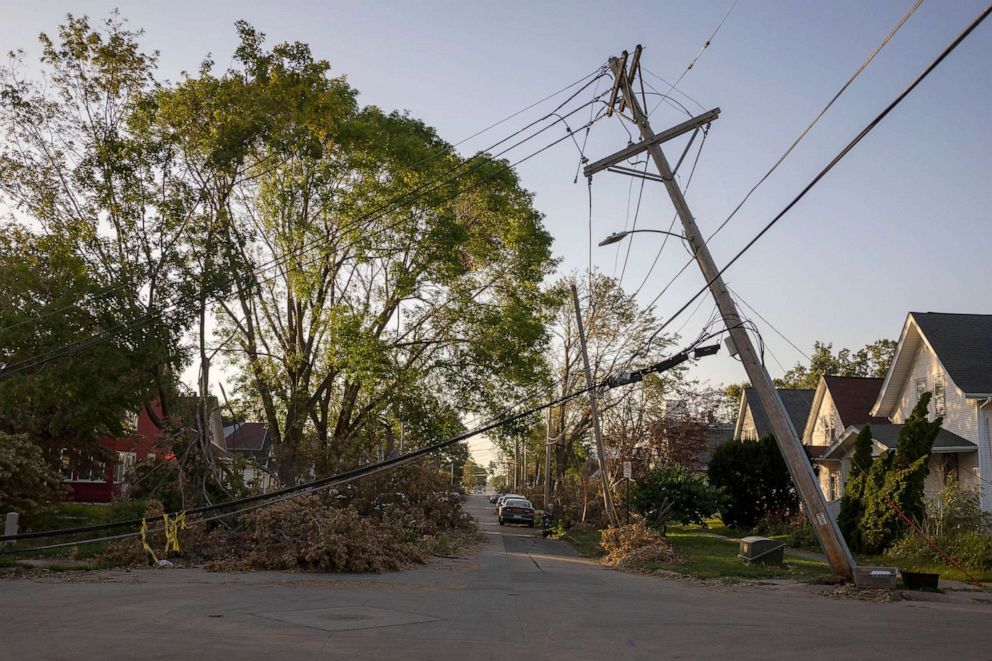December 11, 2025
Iowa winters are no joke. Extreme cold, snow, and ice can create real risks for your home—often when you least expect it. While winter weather is inevitable, many of the most common (and costly) cold-weather insurance claims can be prevented with the right awareness and preparation. Here are the top winter hazards we see each year at Skogman Insurance, what causes them, and how you can protect your home. 1. Frozen & Burst Pipes When temperatures drop, water inside pipes begins to freeze and expand. This expansion can rupture water lines behind walls, under sinks, or in basements. The damage can be massive: A single burst pipe can release hundreds of gallons of water per day — or even per minute, causing severe flooding, mold growth, electrical hazards, and long-term structural issues. Prevention Tips: Insulate exposed pipes and areas with poor heat circulation. Allow faucets to drip during extreme cold. Keep cabinet doors open to let warm air circulate around plumbing. Maintain consistent indoor temperatures. 2. Roof Stress & Ice Damming Ice dams form when heat escapes through the roof, melting snow that then refreezes at the edges. This forces water backward under shingles, soaking insulation, drywall, and interior finishes. Heavy snow and ice also add dangerous weight to roofs—especially flat or older roofing systems—increasing the risk of structural failure. Prevention Tips: Remove excess snow from roofs when safe. Improve attic insulation and ventilation. Clear gutters so melting snow can drain properly. 3. HVAC System Strain or Failure During extreme cold spells, heating systems work overtime. That continuous strain increases the chance of mechanical breakdowns. If the heat goes out, temperatures inside can drop rapidly enough to freeze pipes and damage sensitive systems. Prevention Tips: Schedule routine furnace maintenance. Replace filters regularly. Install or test backup heat sources or smart thermostats. 4. Sprinkler System Freeze-Ups Fire suppression systems are critical—but they’re also vulnerable. When sprinkler lines freeze, they can burst just like any plumbing line, causing water damage and taking your fire protection offline. Prevention Tips: Ensure sprinkler piping is properly insulated. Keep areas around suppression systems heated. Schedule routine inspections to identify weak points. 5. Wind-Driven Ice Damage Strong winter winds can drive ice and snow into siding, facades, gutters, signage, outdoor HVAC units, and building exteriors. This can create cracks, dents, blockages, and hidden water intrusion that may not show up until spring. Prevention Tips: Inspect exterior surfaces before and after storms. Reinforce loose gutters, siding, or trim. Watch for ice buildup around roof edges and vents. 6. Skids, Slips & Falls Winter weather significantly increases the risk of: Motor vehicle accidents Driveway and property damage Slip-and-fall injuries at homes or businesses Workers’ Compensation and Homeowners' claims Icy surfaces are a major liability, especially for property owners responsible for sidewalks, steps, and parking areas. Prevention Tips: Shovel and de-ice promptly. Use proper lighting to improve visibility. Place warning signs in high-traffic commercial areas. 7. Wood & Pellet Stove Hazards When temperatures plunge, many households rely on wood or pellet stoves. But extreme cold brings added risks: Rapid exhaust cooling increases creosote buildup, raising the chance of chimney fires. Poor draft can cause smoke to back up into the home. Frozen or restricted air intakes reduce combustion efficiency and can lead to shutdowns or dangerous exhaust blockages. Prevention Tips: Clean chimneys and vents before the cold season. Check air intake pathways frequently. Install carbon monoxide detectors and test them regularly. Stay Protected This Winter with Skogman Insurance Winter weather can be unpredictable—but your coverage shouldn’t be. Our team is here to help you understand your policy, identify gaps, and make sure you’re protected from the most common cold-weather claims. Have questions about your winter coverage? Or want to review your Homeowners, Auto, or Business policy? Contact your Skogman Insurance agent today!










